It’s six weeks since the electoral commission of Uganda announced the eight candidates for the country’s 2026 presidential election. The fact that they are all men is an outrage – and entirely unsurprising.
Of the 221 people who expressed an interest in running for president, 15 were women; and of those, only three of us gained enough voter support to be considered for nomination.
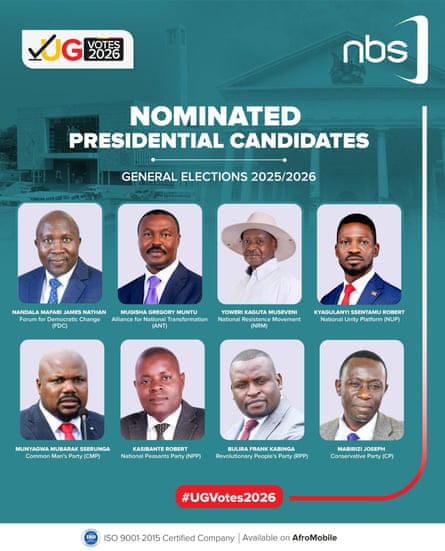
Men in politics argue that the all-male ballot is the result of a fair and neutral electoral system. But how can women, who do not have access to the same resources and who have always been disenfranchised, compete on a level playing field? Far from being fair, neutrality maintains an environment where women are continually shoved out of the top power structures under the guise of competition.
One of the reasons I decided to run for president was to break the barriers around the position. Women represent 30% in government. However, since Uganda’s independence in 1962, only four women have contested for the presidency. It remains a deeply gendered and symbolic office; still associated with traditional masculinity, military credentials and strongman politics.
Whenever certain categories of Ugandans try to pursue top leadership they are told, “Not you! Not now! Not like that!” This is used against women, youth and Ugandans who have no access to funds to run exorbitant campaigns. The more I observed this intentionally discriminatory narrative used to exclude people such as me from leadership, the more I realised that I could not continue to watch from the sidelines.
We are a young nation where millions of Ugandans are below the age of 35. Yet power has remained in the hands of the same elite few for generations. The 2026 ballot includes 81-year-old incumbent Yoweri Museveni, who has been in power since 1986. The politics of fear, patronage and silence has held us back. This election is different because there is a deeper hunger for change, justice, for opportunity. As a 33-year-old woman from a civil society background anchored in human rights, I offered an alternative vision for Uganda’s future, no more recycled politics in new clothes and rehashed promises.
My bid for presidency was not just about winning an election, it was about shifting power back into the hands of Ugandans, rebuilding a nation where being Ugandan means you are seen, heard and valued regardless of age, gender and class. My campaign centred on reawakening Uganda’s spirit through inclusive governance, service delivery and legal reform. I proposed a transparent, decentralised and accountable system underpinned by social justice coupled with foreign policy that amplifies Uganda’s regional leadership.
after newsletter promotion
But putting myself forward exposed me to high levels of objectification. Despite being a woman running for the highest political seat in the nation, men still found the audacity to refer to me as “baby, sweetheart, darling” in official interactions. In one incident when I was talking to a renowned media personality, he told me that I had nice lips. Another man insisted on me giving him a baby after the campaign, while a couple of men consistently requested I meet them for dinner at strange hours of the night.
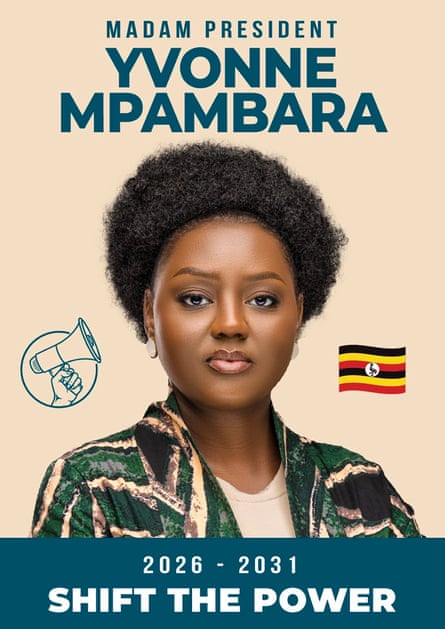
I faced online harassment where men constantly called me “the makeup president incapable of leading anyone”. I was referred to as Museveni’s granddaughter, on another occasion I was accused of being a Rwandan spy who was sleeping with [Rwandan] President Paul Kagame and trying to destabilise the Ugandan government.
It was one of the most disrespectful periods of my life.
The dismissal of women as second-class citizens is entrenched by influential figures such as the president’s son, Gen Muhoozi Kainerugaba, the chief of defence forces (CDF). Having made several tweets (which he deleted) claiming that he will arrest Ugandan women with “small behinds, nyashless”, he normalised online abuse of women based on their physical appearance.
Women are not excluded from state-sanctioned violence targeting the opposition. They have been harassed on streets during protests, jailed without due justice and tortured and abducted by the state. Technology facilitated gender-based violence is worsening, too, with the use of AI to alter images of women.
But my failure to make the 2026 ballot has given me new zeal to fight the system now that I have seen how it works from the inside. I intentionally penetrated the political space to fight for women to lead Uganda, not as vice-presidents nor just speaker and prime minister, but as president of the Republic of Uganda. I have set up the Foundation for Female Presidential Aspirants (FFPA) aimed at nurturing, training and empowering more women across the continent to bid for the presidency of their different nations.
I have also started community consultations to build an all-female political party and movement (Women Freedom Fighters) aimed at strengthening Ugandan women’s bids for presidency through structured leadership systems. The 2026 presidential race was challenging because only candidates from established political parties were nominated, yet no woman in Uganda heads a political party or sits high enough in the ranks of party structures to make the decisions.
Women, despite political parties challenging the incumbent regime on promises of inclusion, are still used as quota fillers rather than final decision makers. Forming a party that will only endorse women for the presidential race in Uganda will mark the first of its kind in the east African region.
My experience of the presidential race was bruising, but it is not the end. I am not giving up this dream.

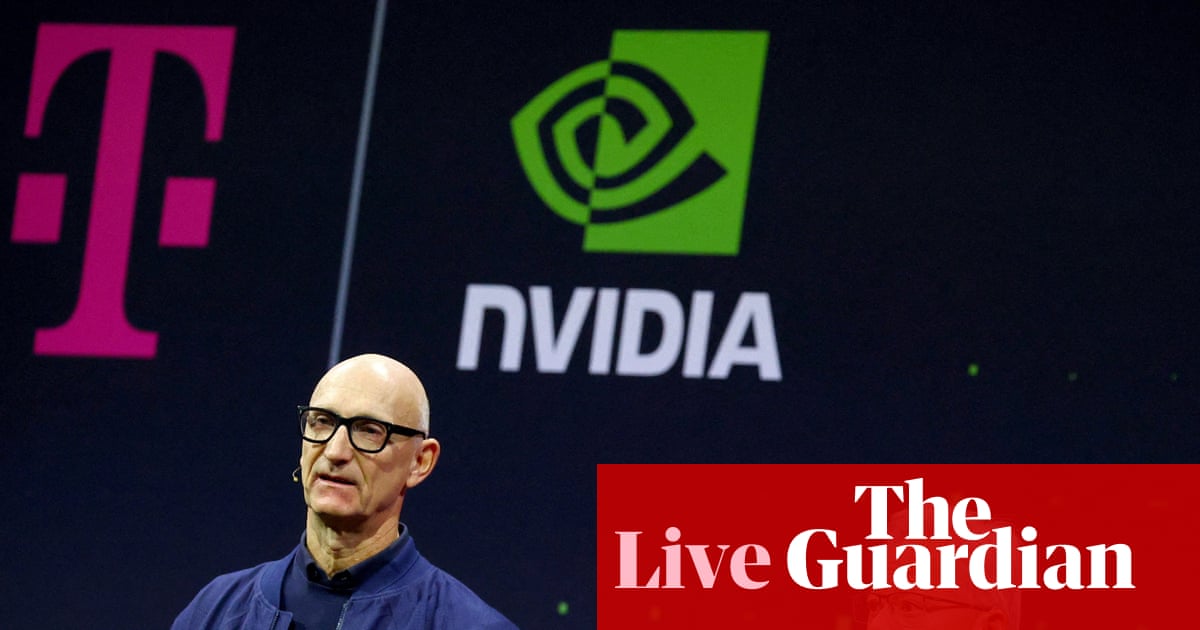


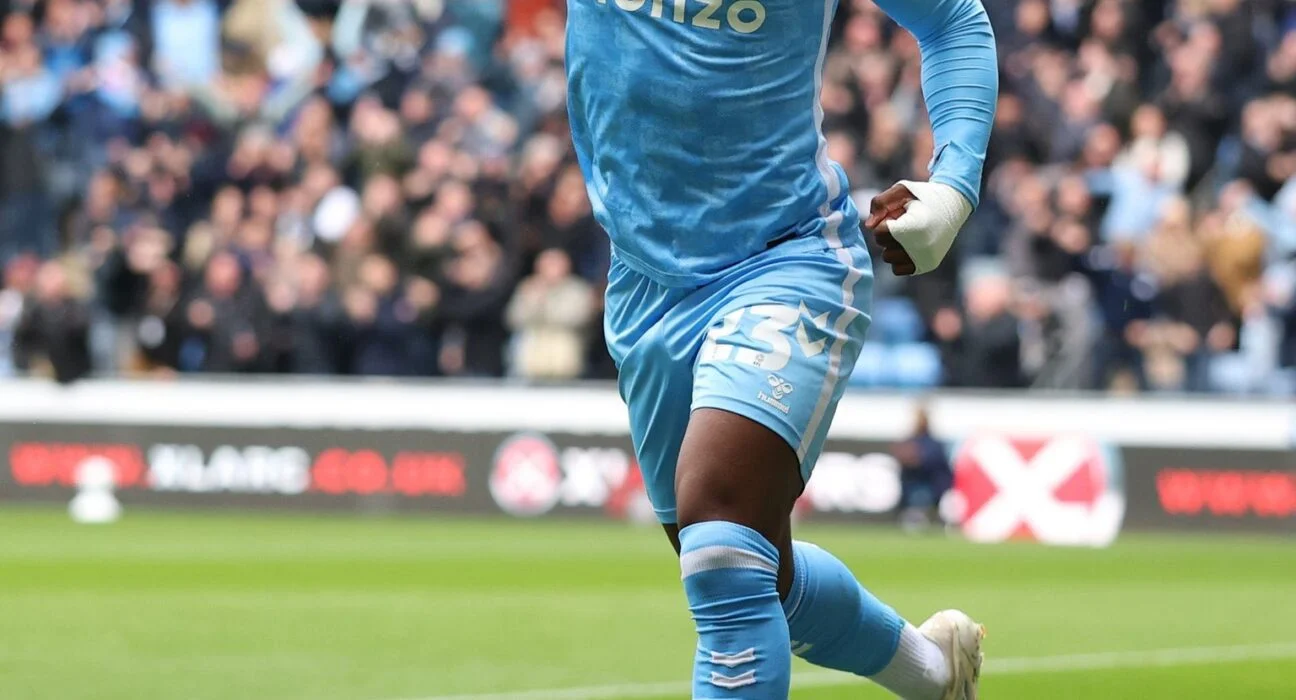
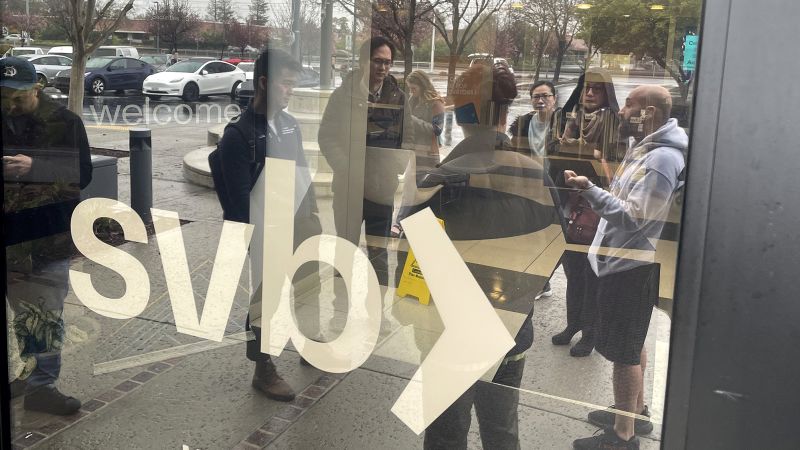
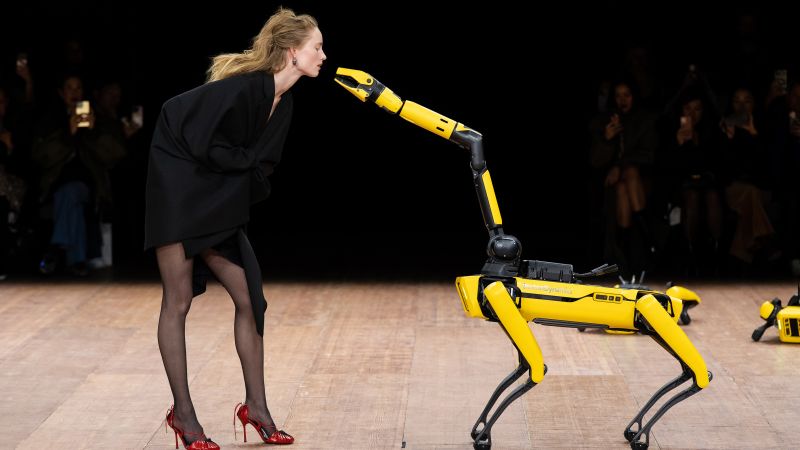
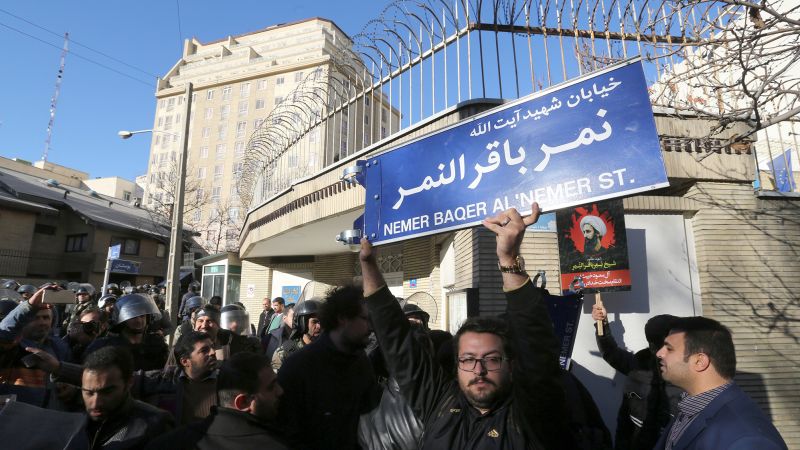
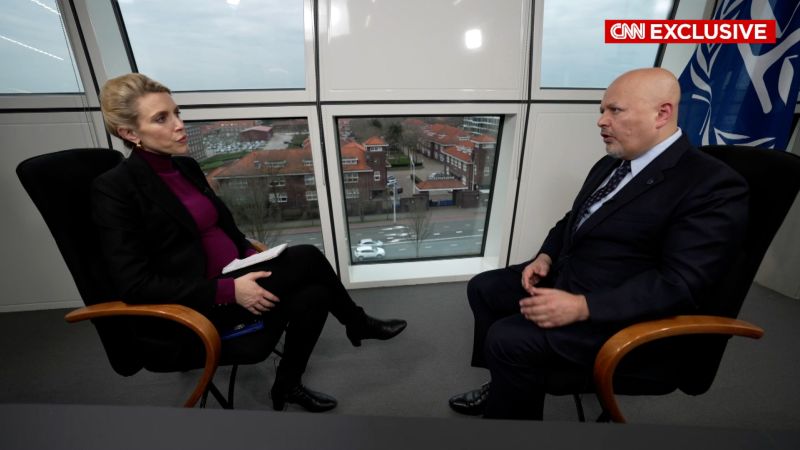
 English (US)
English (US)